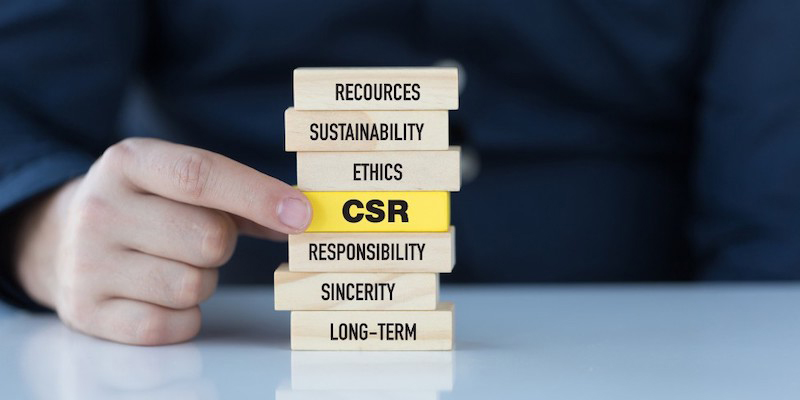Led by values-driven millennial consumers, the market is putting considerable pressure on companies to be ethically responsible, part of the increasing focus on companies’ environmental, social and financial performance. To quantify a company’s corporate integrity in this new era, sustainable supply chain management aims for good outcomes across four categories: strategy, risk management, organizational culture and transparency. Little research has been done, however, on the relation of those four factors to each other and their contributions to a company’s overall sustainability.
Analysts have proposed the concept of supply chain integrity (SCI) as a key component of overall corporate integrity – that is, a commitment to ethical principles and business practices. A recent study by a research team that includes members from the University of Tennessee, Knoxville’s Haslam College of Business, aims to better define SCI and quantify how companies can achieve sustainability through supply chain practices.
Sustainability, in supply chain research and practice, means prospering economically over time while meeting defined social and environmental goals. Corporate integrity falls into two categories: structural integrity, which refers to completeness and consistency with internally defined practices, and moral integrity, which relates to the external world. The authors argue that a firm is part of a larger society and a larger supply chain, and its integrity depends on the ethical choices it makes along that chain, including the partners it chooses. They define SCI as:
SCI is the dedication to maintaining integrity in supply chain activities and the recognition of the systemic and strategic implications of maintaining integrity in supply chain processes and flows.
It also should include both structural and moral components. Structural SCI has to do with a company’s unity of character, created by responsible sourcing, production and logistics practices aligning with overall corporate strategy. Moral SCI refers to a company’s values-based actions in the communities where its supply chain partners are located.
The Impact of SCI on Sustainability
With a working definition of SCI, the authors used statistical modeling to determine if commitment to SCI can differentiate between firms that are and aren’t sustainable.
As a benchmark for sustainability, the team used the MSCI KLD 400 Social Index, which consists of the top 400 large-, mid-, and small-capitalization U.S. firms in terms of sustainability and excludes companies with negative social or environmental impact.
To quantify structural and moral SCI, the team drew a list of American firms across multiple industries from a database that documents 60 types of events or corporate behaviors related to the environment, social impact and corporate governance. The researchers collected data on companies both inside and outside the MSCI KLD 400 Social Index, focusing on manufacturers and retailers. They also scored strengths and concerns for each company included.
The result: both structural and moral SCI were important predictors of whether a firm could be considered sustainable, with moral SCI showing a greater impact. This was true for both manufacturers and retailers. One point of interest: SCI concerns seemed to weigh more heavily than SCI strengths. In other words, ethical violations in supply chains were more likely to hurt a company’s sustainability ranking than integrity was likely to reap a reward. SCI’s value may actually lie in reputational risk management, an idea the authors suggest bears further exploration.
The authors also found that SCI may have a greater impact on sustainability for retailers than for manufacturers, possibly because retailers have a more direct connection with consumers. That means they’re more subject to scrutiny and more likely to be rewarded if their supply chain practices communicate a commitment to sustainability.
The Takeaway
For managers expected to deliver environmental and social leadership as well as bottom-line results, this research suggests building your structural SCI can demonstrate your firm’s dedication to sustainability and increase your reputational capital. By recognizing the needs of multiple stakeholders in the communities where you and your supply chain partners operate, you can increase your moral SCI, which may have an even bigger impact.
Being proactive here can help mitigate the effects of unexpected disruptions and help you build trust with partners and consumers. As the millennial generation continues to demand more evidence of sustainability from manufacturers and retailers, strong SCI can insulate you from reputational risk.
“Supply Chain Integrity: A Key to Sustainable Supply Chain Management,” by Vincent E. Castillo of The Ohio State University and former PhD student at UT, and John E. Bell, Diane A. Mollenkopf and Hamparsum Bozdogan of UT, was published in Journal of Business Logistics, Vol. 39, No. 1.
